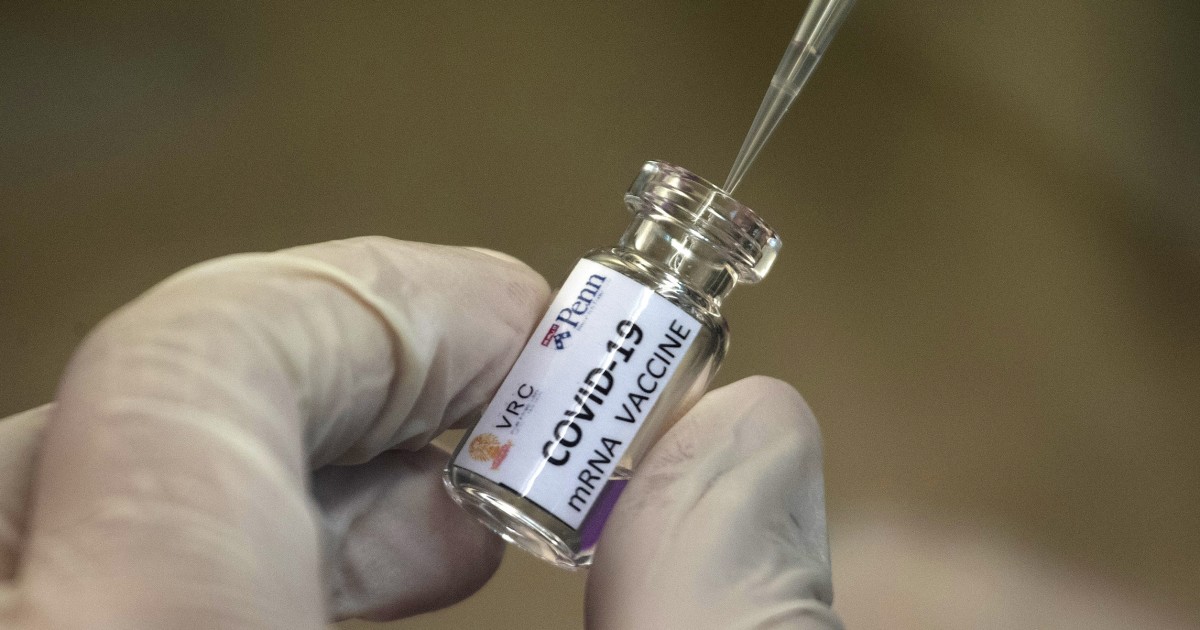
A coronavirus vaccine candidate from pharmaceutical company Pfizer has shown potential in healthy volunteers. Stocks jumped on the announcement Wednesday.
The experimental vaccine developed by Pfizer and the biotech firm BioNTech produced promising results in early-stage human trials, in which 45 volunteers were given doses of the vaccine. Each participant received 10, 30, or 100 microgram doses of the vaccine or a placebo.
Overall, the vaccine was shown to be safe when given to healthy volunteers, but it also caused fever and other mild side effects, especially at higher doses. Volunteers who took the lower doses of the vaccine each got a second injection and had higher antibody levels than patients who just got a single 100-milligram-dose.
Researchers don’t know if higher antibody levels create immunity to the coronavirus. Pfizer will have to create larger clinical studies with the hope of proving that people who have received the vaccine are at least 50% less likely to become infected, per guidelines from the Food and Drug Administration. Pfizer also said larger human trials, which are set to begin this summer, will have to include a more diverse population.
Pfizer shares jumped 7% in premarket trading Wednesday after announcing that the vaccine candidate showed potential. Shares in BioNTech rose 8%. The company’s reporting has yet to be peer-reviewed, and Pfizer’s is one of more than a dozen vaccines currently in human trials.
Biotech company Moderna has also developed a leading vaccine candidate, which uses the same technology to use genetic material to create a protein that the immune system learns to attack. The company has not published data on the vaccine yet, but it is expected to enter a late-stage trial this summer.
Pharmaceutical companies and biotech firms are all racing to develop a safe and effective vaccine for COVID-19 as part of President Trump’s coronavirus vaccine initiative, Operation Warp Speed. Trump and members of his administration have said a vaccine could become available as soon as late 2020 or early 2021. Dr. Anthony Fauci, the infectious disease expert who has become the most prominent public health voice during the pandemic, maintains that he is “cautiously optimistic” that a vaccine will be available by 2021.
Vaccines typically require years to be developed and proven safe and effective. Among the fastest vaccines to be developed was the current vaccines for mumps, which took four years.
